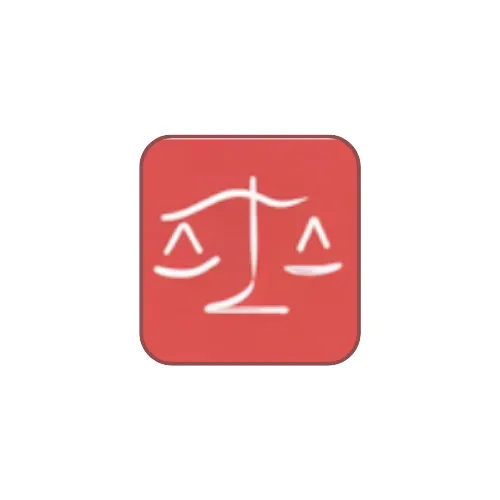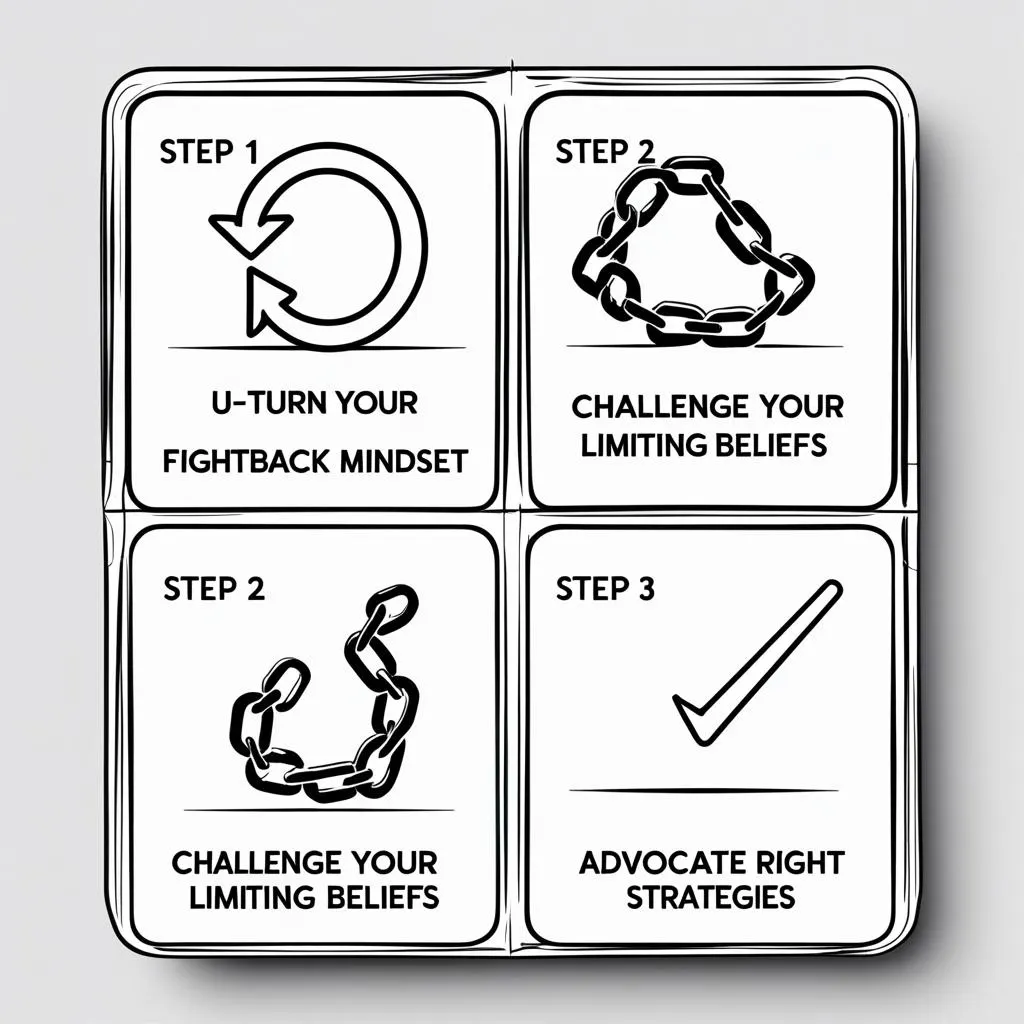False Allegations in India: Respond with Growth Mindset Approach
Understanding IPC 498A and 376 in India
The issue of false allegations of IPC 498A and 376 in India is a complex and sensitive topic that requires careful examination.
While it is true that false accusations can have serious consequences for the accused, it is important to approach this issue with a growth mindset. A growth mindset entails recognizing that false allegations do occur but also acknowledging the larger societal problem of violence against women and the need to protect real victims. It is crucial to consider multiple perspectives and sources of information when addressing false allegations, as the issue intersects with various factors such as gender, class, caste, religion, and education.
This requires a comprehensive approach that not only focuses on the evaluation of credibility in IPV cases but also emphasizes the importance of prevention, deterrence, and justice for both victims and the accused. It is essential to go beyond the discourse of 'misuse of law' and instead foster an environment that encourages reporting of violence against women while ensuring fairness and justice for all parties involved. By adopting a growth mindset, we can strive for a balanced approach that acknowledges the potential for false allegations without undermining the experiences and struggles of genuine victims.
Recognizing False Allegations in IPC 498A and 376
Recognizing false allegations in IPC 498A and 376 cases involves a careful and obj
ective evaluation of evidence, testimonies, and circumstances. It is important to adhere to established legal procedures and principles, conducting thorough investigations to determine the veracity of the allegations. If a false allegation is discovered, it is crucial to handle the situation with empathy and fairness towards the accused. This includes providing support and counseling to the falsely accused individual, as false allegations can have severe psychological and social consequences. Furthermore, it is essential to address the larger systemic issues that contribute to false allegations.
This includes addressing societal attitudes, patriarchal norms, and the need for comprehensive sex education to foster a culture of consent and respectful relationships. By promoting a growth mindset, we can work towards a society that prioritizes justice, fairness, and protection for all parties involved in IPC 498A and 376 cases, while simultaneously addressing the broader issue of violence against women. In doing so, we can dismantle harmful stereotypes and biases associated with false allegations while ensuring that real victims are heard, believed, and supported in their pursuit
Legal Protections Against False IPC 498A and 376 Allegations
Legal protections against false IPC 498A and 376 allegations are crucial to safeguard the rights of individuals who are falsely accused. These protections should include:
- Effective investigation processes: Ensuring that investigations into allegations are thorough, unbiased, and based on concrete evidence, rather than relying solely on the testimony of the accuser.
- Presumption of innocence: Treating the accused as innocent until proven guilty, and not subjecting them to social stigma or discrimination based solely on the allegations against them.
- Right to fair trial: Providing the accused with a fair and impartial trial, where they have the opportunity to present their side of the story, cross-examine witnesses, and present evidence in their defense.4. Protection against harassment and defamation: Implementing measures to prevent the accused from being harassed, defamed, or victimized as a result of false allegations
Strategies for Handling False Allegations in India
Strategies for handling false allegations of IPC 498A and 376 in India should focus on promoting a growth mindset and ensuring fairness in the justice system. These strategies may include:
Implementing mandatory training and education programs for law enforcement officers, judges, and legal professionals to raise awareness about the prevalence of false allegations and provide them with skills and knowledge to accurately assess the credibility of allegations. (Chowdhury, 2014) - Introducing stricter penalties for those found guilty of making false allegations to serve as a deterrent and ensure accountability.
- Establishing specialized units or committees within the legal system to independently review and assess the credibility of allegations, separate from the investigating officers or prosecution, to ensure a fair and unbiased evaluation.
Applying Growth Mindset to False Allegations
Applying a growth mindset to false allegations involves approaching the issue with an open and flexible attitude, seeking opportunities for learning and improvement in the justice system.
This can be done by:
Encouraging the development and implementation of evidence-based practices and protocols for handling allegations, including thorough investigations and proper collection and analysis of evidence.Promoting a culture of collaboration and communication within the justice system, where different professionals can share insights, experiences, and strategies for effectively dealing with false allegations3. Fostering a supportive environment for individuals who have been falsely accused, providing them with resources such as counseling and legal assistance to help them navigate the legal process and cope with the emotional and reputational impact of false allegations.
Growth Mindset: A Tool for Navigating Legal Challenges
A growth mindset can be a valuable tool for navigating the challenges of false allegations, particularly in cases of IPC 498A and 376 in India. By adopting a growth mindset, individuals can approach the situation with resilience and a willingness to learn and adapt. They can:-
1.Seek legal advice from experts in false allegation cases to understand their rights and options.
- Engage in self-reflection and personal development to build emotional resilience and coping mechanisms.
- Embrace challenges and setbacks as opportunities for growth and learning, rather than letting them define their self-worth or future prospects.
- Advocate for themselves by gathering evidence, maintaining documentation, and presenting a strong defense to counter false allegations.
- Seek support from friends, family, and support groups who can provide emotional support and guidance throughout the legal process.
Exploring Case Studies of False Allegations and Growth Mindset
In order to understand the application of growth mindset in handling false allegations, it can be helpful to explore case studies where individuals have successfully navigated and overcome such challenges. These case studies can provide insights into the strategies, mindset shifts, and support systems that were instrumental in their ability to overcome false allegations.
One such case study involves a man who was falsely accused of IPC 498A by his estranged wife during their divorce proceedings. Despite facing a potentially damaging situation, he approached the false allegations with a growth mindset.
He sought legal advice, gathered evidence to refute the false allegations, and remained steadfast in his pursuit of justice. Throughout the legal process, he embraced setbacks as opportunities for personal growth and self-improvement.
He focused on building his emotional resilience by participating in therapy and support groups. He also engaged in self-reflection, acknowledging his own areas of growth and learning in order to become a better person and parent. Furthermore, he sought out mentorship and guidance from individuals who had successfully overcome false allegations in the past. By adopting a growth mindset, this individual was able to navigate the challenging legal process with resilience, determination, and a willingness to learn.Impacts of False Allegations on Personal and Professional Life
False allegations of IPC 498A and 376 can have severe and long-lasting impacts on both personal and professional lives. Individuals who are falsely accused may experience emotional distress, damage to their reputation, strain on relationships, financial burdens due to legal expenses, and the loss of custody rights or visitation with their children. Furthermore, false allegations can also affect one's career and professional prospects.
The individual may face difficulties in finding employment or maintaining a current job due to the tarnished reputation caused by the false allegations.
They may also face social isolation and discrimination in various aspects of their life, leading to a decrease in overall well-being and quality of life. In order to address and mitigate these impacts, it is crucial to approach false allegations with a growth mindset. This mindset allows individuals to focus on personal growth, resilience, and the development of strategies to overcome the challenges posed by false allegations.Potential Reforms for the IPC 498A and 376 Laws
Given the acknowledgment of the fickle application of Section 498A and its potential for false allegations, there is a need for reforms in the current laws to ensure a more balanced approach in addressing cases of domestic violence and sexual assault .Reforms could include implementing stricter guidelines for the filing of false allegations, improving investigative procedures to gather more reliable evidence, providing support services for individuals who have been falsely accused, and ensuring that the legal system is unbiased and fair in its treatment of all parties involved .
Additionally, there should be a focus on educating and raising awareness about the potential consequences of false allegations, as well as promoting the importance of evidence-based decision making in legal proceedings. By adopting a growth mindset, individuals who are falsely accused can approach the situation with resilience, determination, and a willingness to learn.The Role of Legal Counsel in Dealing with False Allegations
In dealing with false allegations of IPC 498A and 376, having competent legal counsel is crucial. Legal counsel can provide guidance and support throughout the legal process, ensuring that the accused individual's rights are protected. They can help gather evidence, challenge false allegations, and present a strong defense in court. Moreover, legal counsel can also play a role in advocating for necessary reforms to prevent and address false allegations, working towards a more equitable and just legal system that considers the rights and well-being of both the accused and the victims. The Impact of False Allegations on Victims and Accused Individuals
False allegations of IPC 498A and 376 not only have a detrimental impact on the accused individual but also on the victims themselves. False allegations can further stigmatize and undermine genuine cases of domestic violence and sexual assault, making it harder for survivors to seek justice and support. It is important to remember that false allegations should not diminish the experiences of genuine victims, and efforts should be made to provide support and resources for both parties involved.For more such update please join me on ,
Facebook Group : https://www.facebook.com/groups/498AVictimsMarch2013I hope you find this information helpful and informative.

